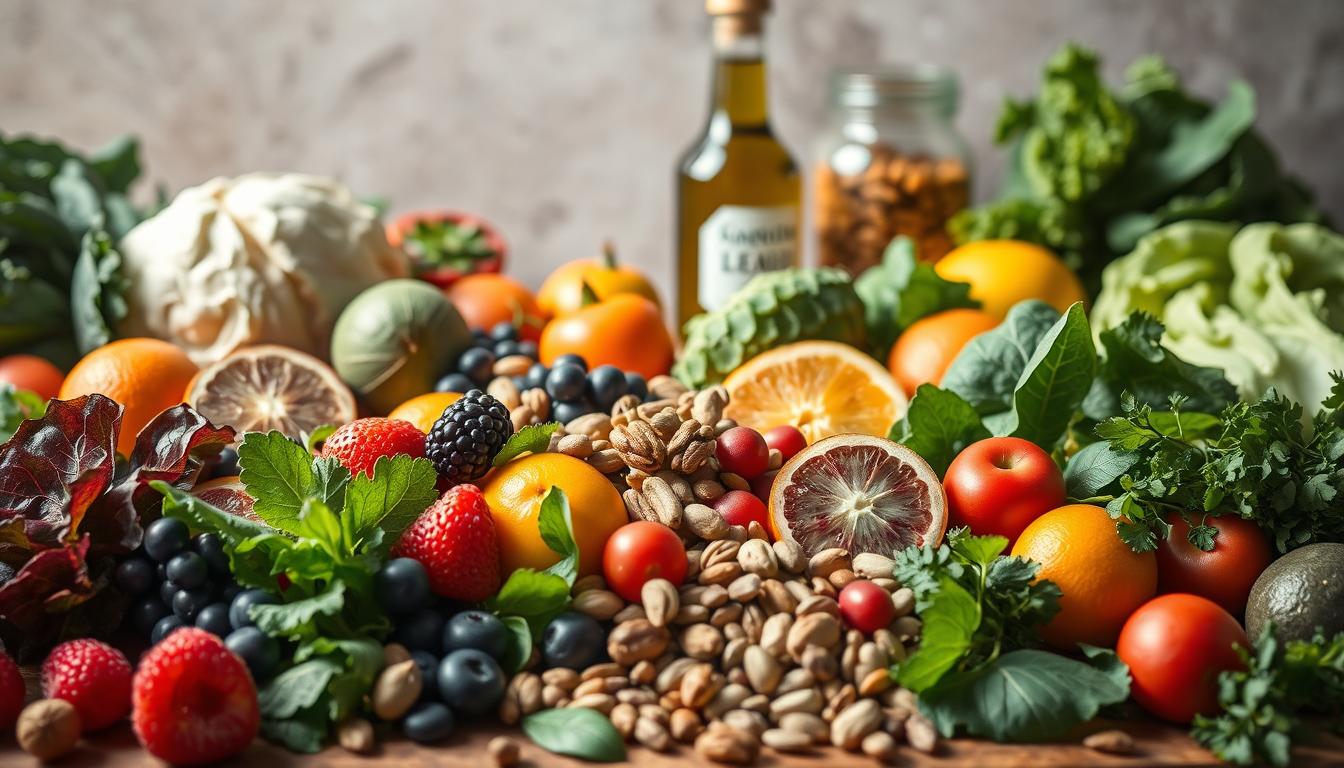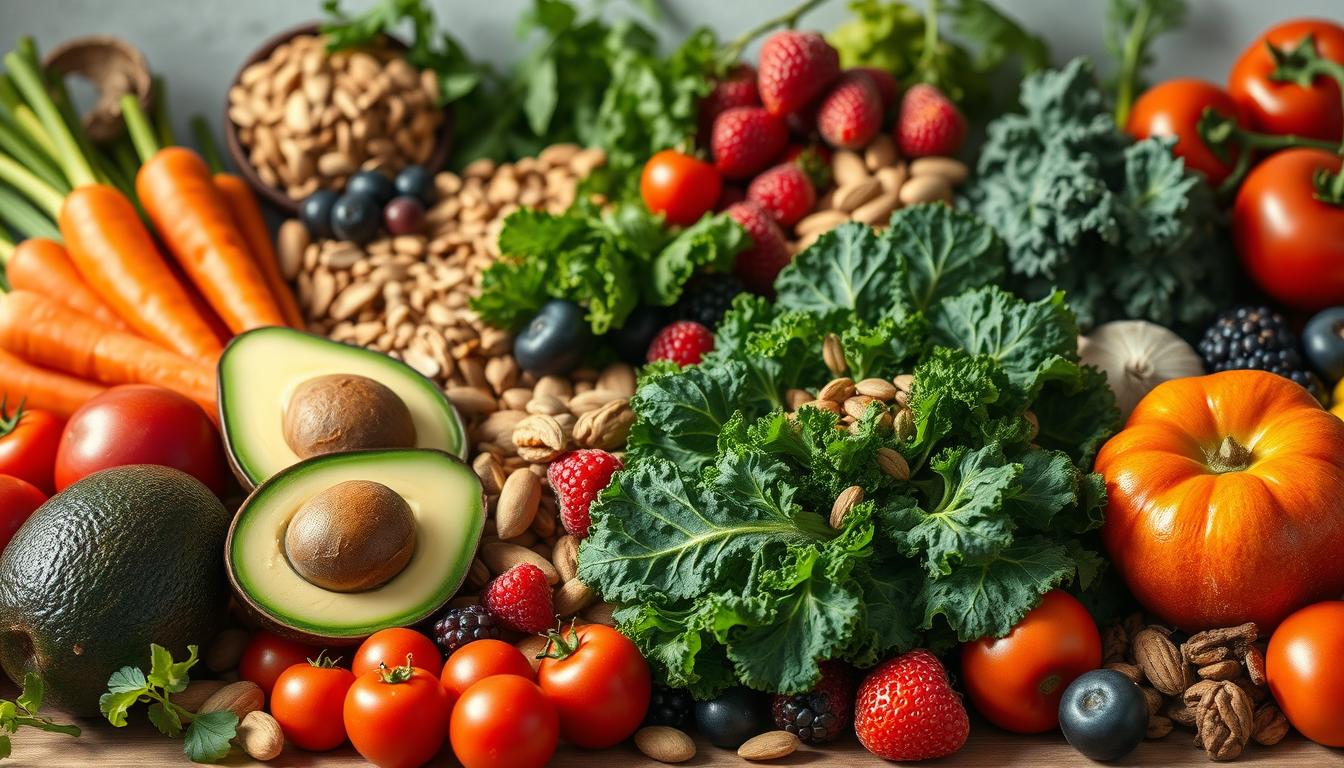A staggering 80% of chronic diseases associated with aging can be influenced by dietary choices, highlighting the critical role nutrition plays in determining our healthspan….
Healthy Aging & Longevity Nutrition
Top Anti-Aging Foods for Adults Over 50
As we age, our bodies undergo a series of changes that can affect our overall health and vitality. A well-balanced diet rich in essential nutrients…

